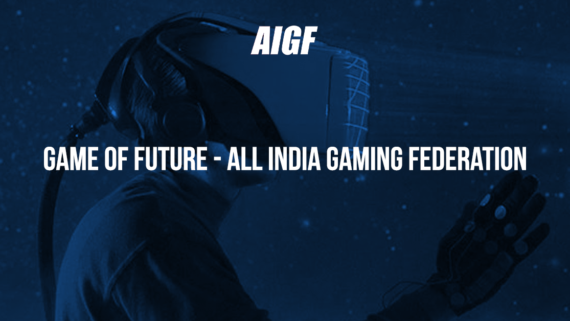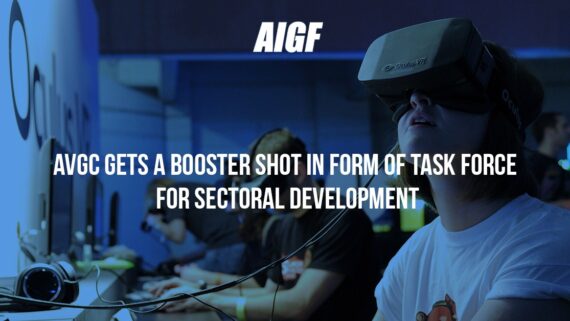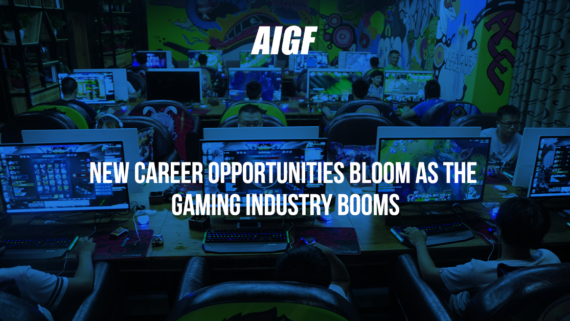Esports & the future of competition
Looking back to the first ancient Olympics in Athens, estimated to be in 776 BC, people have had competitive games as a means of showcasing their skill, strength, and agility. In the modern world, we see this in the form of professional sporting events like the Indian Premier League and ISL and in the west through professional sporting leagues like the English Premier League, NBA, MLB, and the NFL. These leagues have some of the largest audiences and they watch the games live from every part of the world. While this phenomenon has picked up steam in the past half-century, we would think that this is a timeless tradition.
We are now in the age of technology where the lines between real and virtual have blurred and we recognize the skill and technique that is implemented in the area of Esports that elevate online games played against real humans at the level of any other real-world game. The latest estimates show that Esports receives attention and money. According to a study by Juniper Research, the global esports market is set to grow to USD$ 3.5 Billion by 2025 from USD$ 2.1 BIllion in 2021. The report goes on to highlight that the number of Esports viewers will grow to 1 Billion in 2025 which will represent one in every eight people on the planet.
Esports is the most democratic form of competition where every player no matter what their background has to compete on a level playing field with the same tools and environment. Esports has become one of the most diverse areas of sports and competition because of this advantage. In India, we are at the cusp of an explosion of esports and online gaming with access to high-speed internet and the availability of inexpensive mobile devices. Where at one time esports was limited to people who had expensive gaming PCs and high-end consoles, gaming on the mobile opened up esports to a much larger section of the population. The international Olympic committee is considering making esports a viable category of sport and inclusion in the Olympic games. This will put esports in the rightful place among the pantheon of sports played at the highest level.
The last year under the pandemic saw the online games burgeon with more players added during the lockdown than before. This has given rise to more esports players that have taken to building their skills and abilities to become better and sharper than the casual gamer that is on platforms. With competitive gaming on the rise in India, there are the necessary elements now to become a professional Esports player and choose it as a career path.
Lockdown also gave rise to the understanding that we will have to find newer avenues of sports that will provide greater access to players to compete without having to physically travel to a location and that they are able to compete at the highest level right from their own homes.
But every growing Industry gets to a peak in its stature and then plateaus because of the lack of standard regulations and rules that can allow for the industry to be protected from dubious elements that are not interested in a long term commitment to the industry but are in it for short term gains. This leaves the ecosystem exposed to malpractices and overall damage to players, companies, and people in general.
At AIGF, we have been the strongest proponents of a national Esports regulatory framework. This will provide the necessary guidelines that all Esports platforms, publishers, players & developers will follow and create a robust ecosystem. The guidelines will produce a standard set of rules for all companies to follow thus protecting the interests of all stakeholders and establishing clear visibility and a safe space for investment and growth.
To quote the illustrious french poet Victor Hugo, “There is nothing more powerful than an idea whose time has come”. We are certain that Esports is going to be bigger than physical sports. India has some of the most avid players of Esports and can only grow in the future. India could be the hub of all Esports in the future, we have the players, the game development capability, and the necessary financial ecosystem. There is nothing stopping this but we need support from the Government to recognize the need for regulation and act.










Comments
Comments are closed.